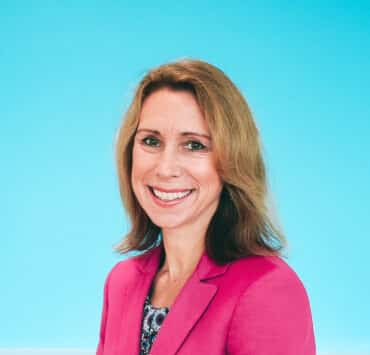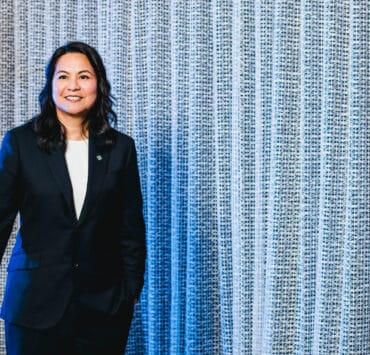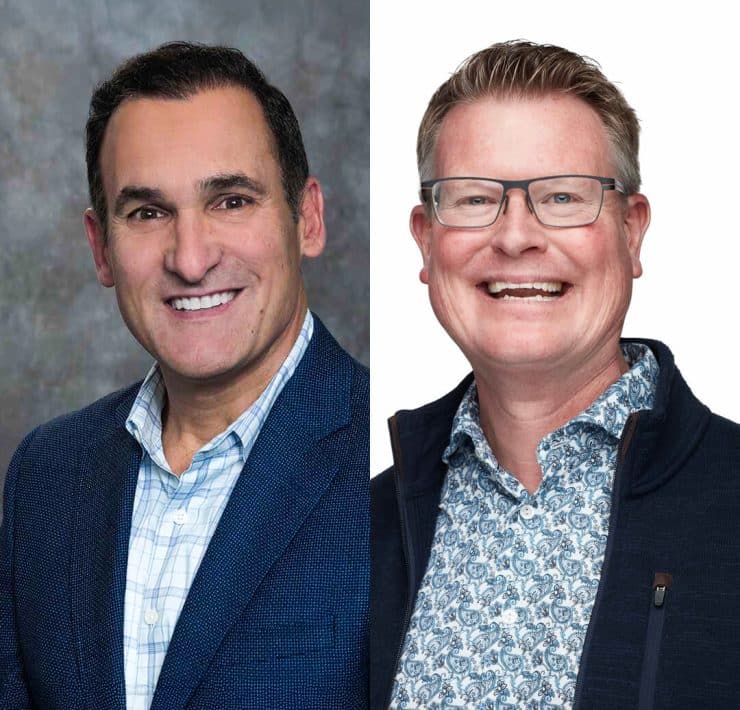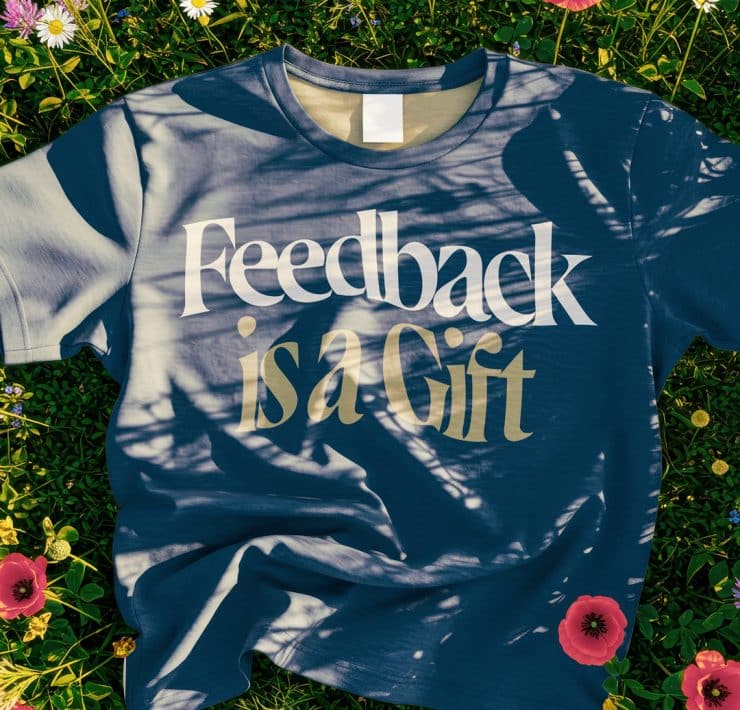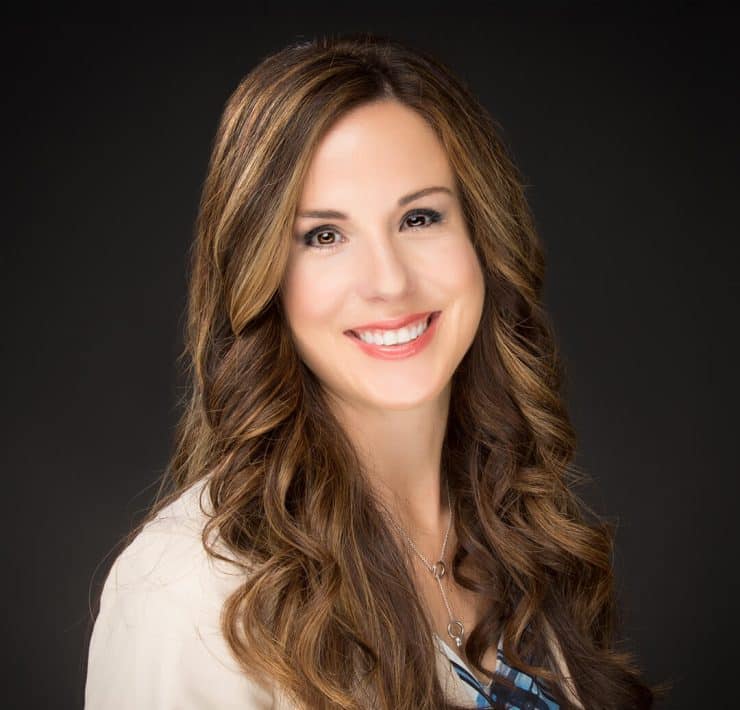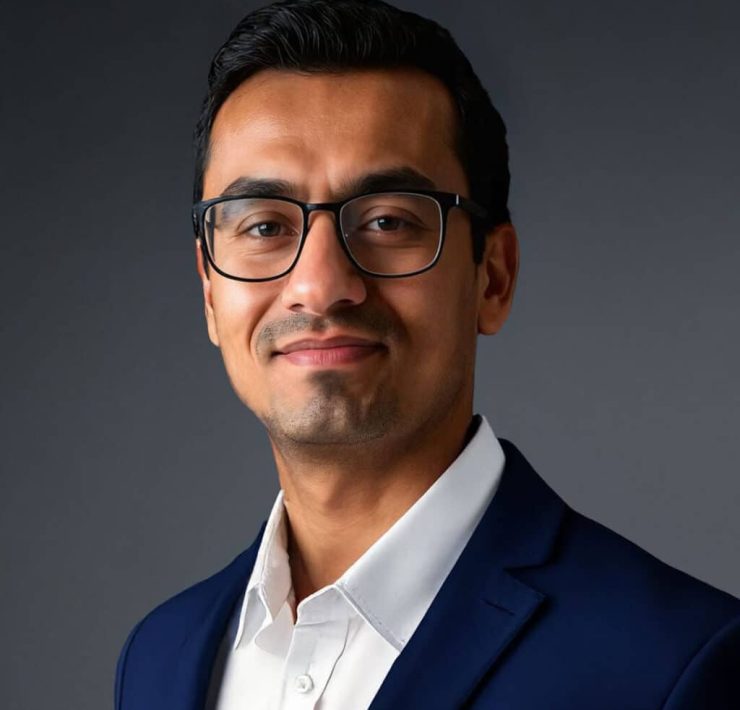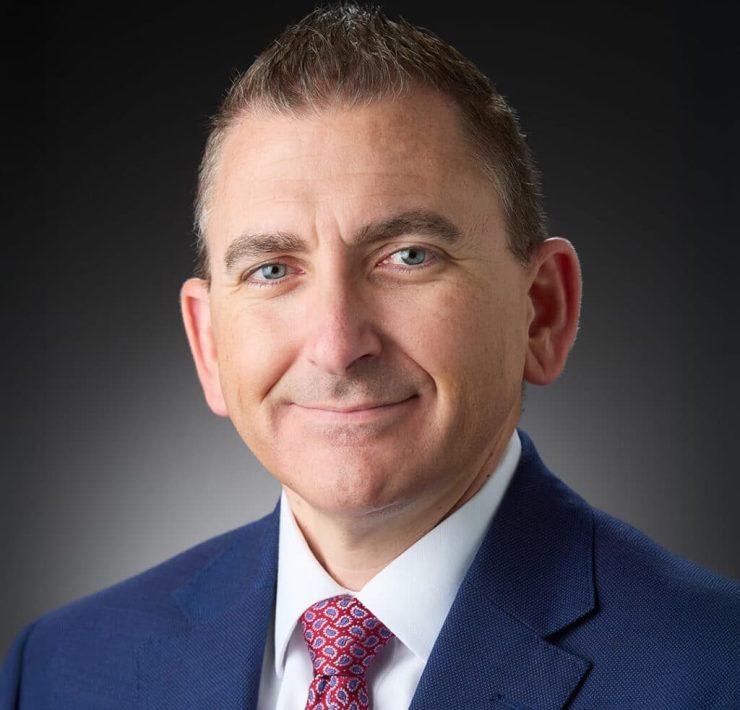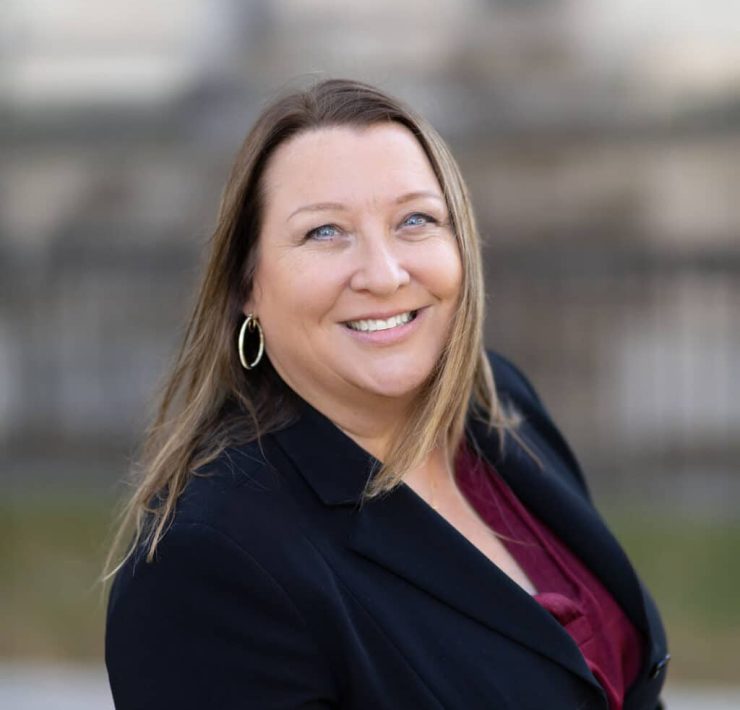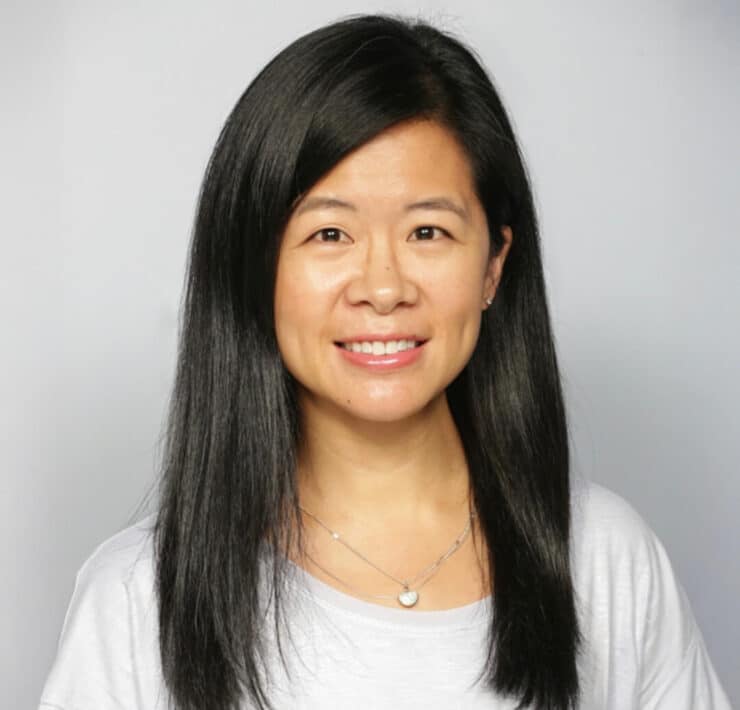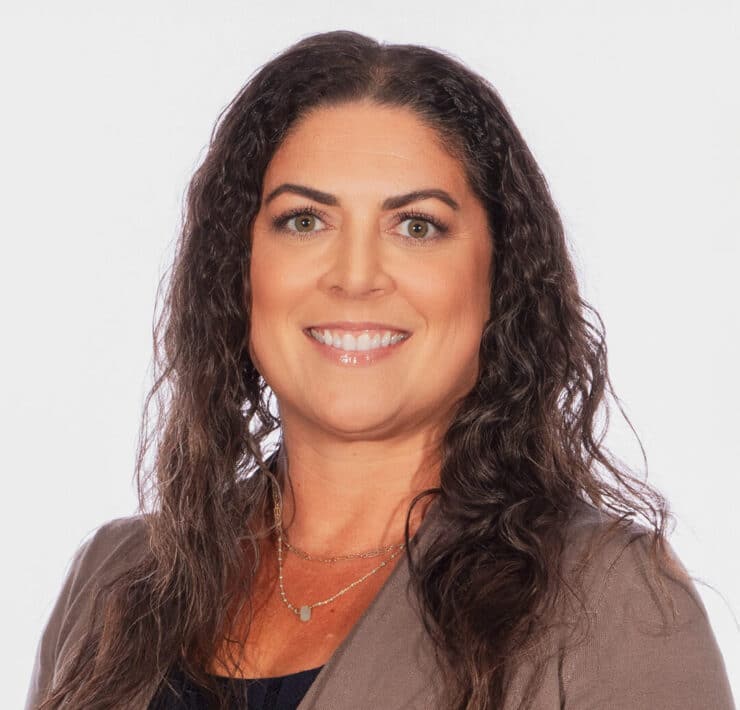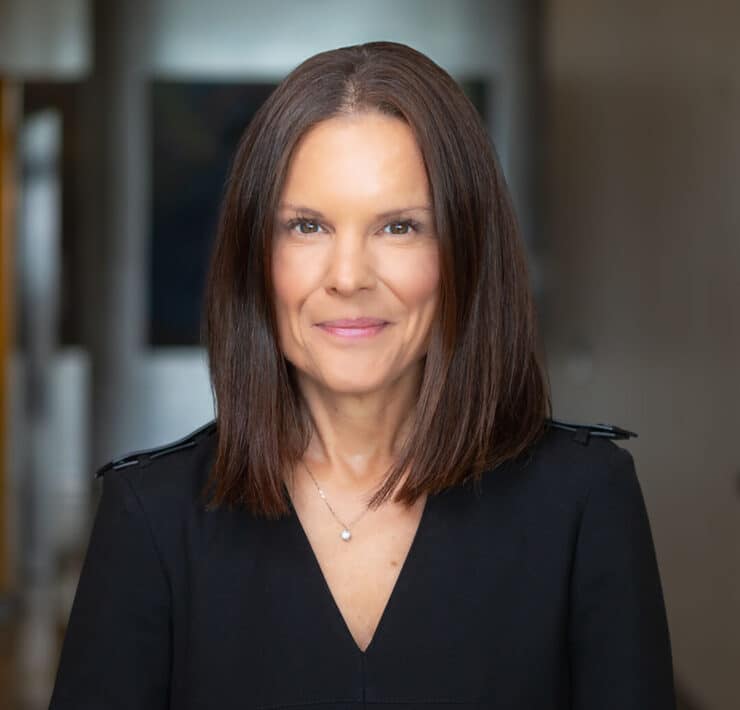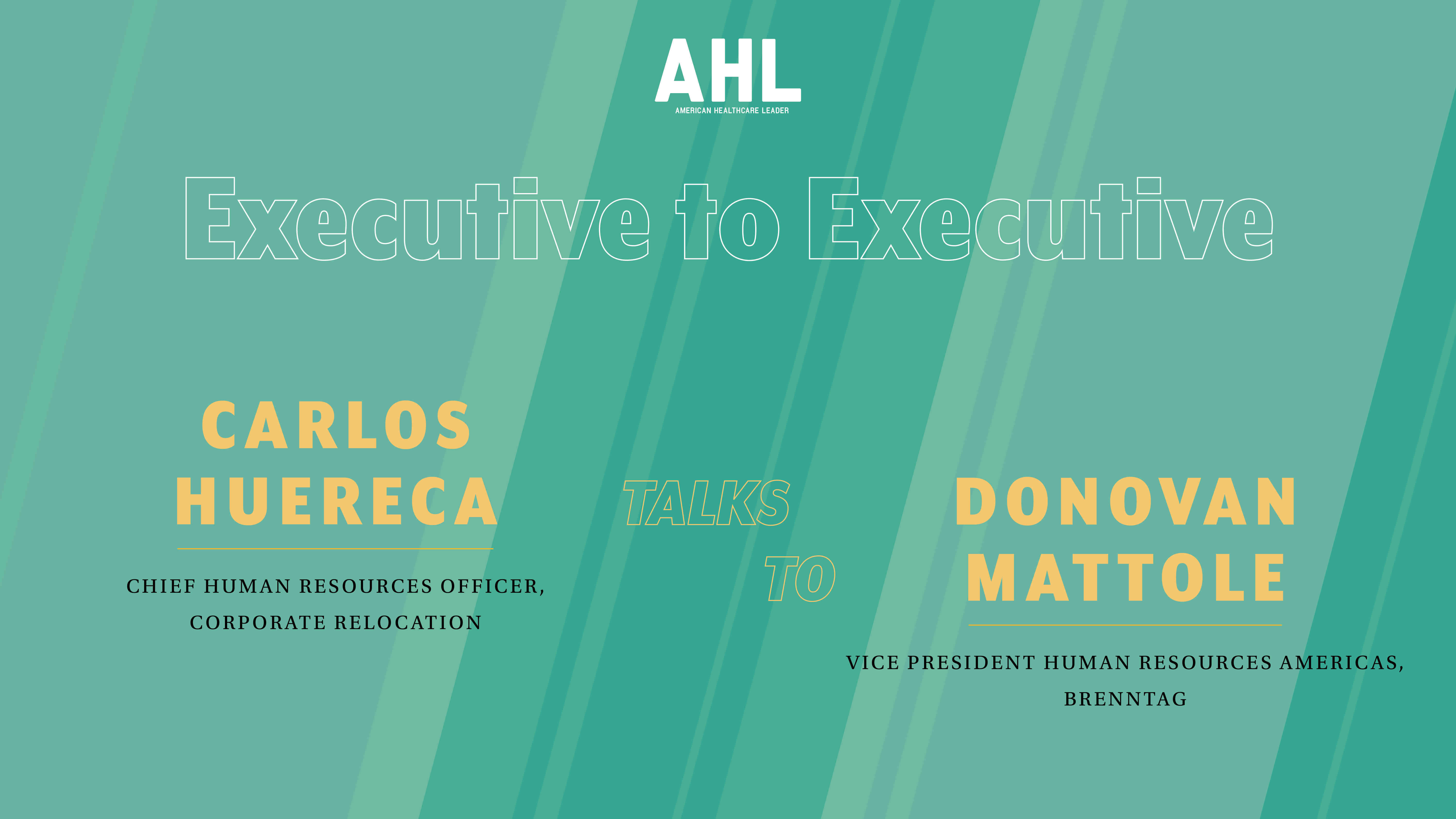
Donovan Mattole wanted to be a professor of Middle Eastern studies. But it was his job at Borders Books and Music that directed him to a career in human resources.
“I was a training store manager, so I’d train all the new managers who would come to my store, and I would spend time with them and kind of show them what it means to kind of drive the store in performance,” he tells Carlos Huereca, chief human resources officer at Corporate Relocation International.
Over the past twenty-plus years, Mattole built his expertise at Nautilus Inc., Mars, and now Brenntag, where he serves as vice president of HR for the Americas.
Our Executive-to-Executive interviews put the power of storytelling directly into the hands of executives themselves. Through these peer-to-peer conversations, executives like Huereca and Mattole can share key moments from their journeys, inspire future generations, and own their own stories. In turn, our audience gains a line of sight into the executive experience, as well as direct insight into what leaders around the world are really thinking and talking about.
In this first of three executive-to-executive interviews, Huereca and Mattole speak about the importance of community, integrating HR into company strategy, and letting curiosity drive your career.
Carlos Huereca: Hello and good morning, everyone. My name is Carlos Huereca, Corporate Relocation International’s CHRO. And I am thrilled today to be here with Donovan Mattole, vice president of human resources at Brenntag in the Americas. Donovan, welcome and thank you for joining me.
Donovan Mattole: Thank you for having me. And I’m so excited to have this conversation. We could have easily turned this around, and I could be interviewing you. I really enjoyed your recent [Profile] cover article. It’s great to meet you.
Great meeting you. And feel free to put me on the spot. I don’t mind that at all.
Okay. [laughs] Okay, that’s good. I have plenty of questions for you, so we’ll probably do that.
That’s great. I also want to take a moment to thank American Healthcare Leader for hosting this interview. All right, let’s jump right in. Donovan, your career is full of interesting twists and turns, and I was hoping we could talk about what eventually helped lead you to the right path for you.
That’s a great question. And there’s probably more twists and turns than you even are aware of, right? That’s how it always is. I think the through point for me on this kind of like serpentine labyrinth path has been people. I’ve always loved working with people. So, you know, back in the day, I wanted to be a professor of Middle Eastern studies, but it was all about kind of connecting with people and things I enjoyed. I ended up working in a bookstore out of graduate school. Borders Books and Music. And I just loved books and loved people and was a retail manager managing people and ended up in training.
I was a training store manager, so I’d train all the new managers who would come to my store, and I would spend time with them and kind of show them what it means to kind of drive the store in performance. I moved into HR at Borders, and the reason was all about training and development. I was like, I can do this for a career versus go be a professor of Middle Eastern studies. So, I’ve been doing it a long time now.
You have passion for people. I’ll jump to mention the Profile article that I recently did. It’s interesting to see how, you know, for me, I was born into a family of small business owners, and I saw my parents really help people their entire career. They made business decisions, but it was always about the people inside the business and the services that they provide to the client. Any books that you recommend that you’re reading today?
I read outside of HR, so I’m currently reading a book called On Earth We’re Briefly Gorgeous, which is a beautiful novel by a first-generation Vietnamese immigrant [Ocean Vuong]. He’s a poet; he’s incredible. I’m also reading the Korn Ferry FYI book because it’s annual performance review time. But I look for inspiration outside of kind of the typical HR stuff, but back to what you were saying, I really resonated with your article that I just read on the HR engagement words and how so many things can just be buzzwords. Like employee engagement, but what does that mean going beyond that. That’s where I’ve really kind of looked in HR on like, how do we go beyond the buzzwords and really connect and see what drives individuals and drives people and kind of connect to that. And I think you’ve been doing that at CRI.
Why don’t you share a little bit of about the initiatives or some of the processes that you have established in your organization to really help employees feel like an important part of their organization.
One of the things that we found is community makes a big deal for employees. They want to work for a company that is doing good and making a difference and taking care of not only the community within but also the community without. And so we’ve done a number of initiatives over the last year on really saying what are we doing to connect. We recently partnered with Water for People, which is making a huge difference. We also partner with the Chemical Education Foundation, which trains young people on STEM careers and encourages particularly young women on getting into careers. So those external partnerships have been really important. And we added this year a volunteer program where we will reimburse employees for up to two days of volunteering a year.
I think that’s resonated and really engaged employees. We also recently created an actual nonprofit, which we call the Brenntag Solidarity Fund, where a hundred percent of the financial support that goes into it goes back to employees that experience a disaster. What we were finding is there’d be a hurricane or a tornado, or there’d be something and employees were doing these GoFundMe accounts, right? Like, “Hey, help Donovan, he’s experienced this fire,” or whatever it was. We were seeing all these and we’re like, why can’t we do that as a company and create something where employees give to each other? So, I would say that community piece is one of the big pieces that really has been an unlocker for engagement for our employees.
That’s outstanding. And I really like the words that you use, you said finding their passion and connecting I think the external factor on that community service that you’re doing, it’s phenomenal. We’re taking a similar approach. I will say that, you know, internally for us, it’s doing something similar and really linking strengths and passion of the individual to programs that we have developed internally to really give them the opportunity to use their strengths and obviously link to company goals and objectives—but always with them online. You have to think about the employee’s perspective, not so much the organization’s perspective, to really drive that engagement and passion of the individual. So thank you for sharing that.
They spend so much time at work, and it’s so easy to get into that work/life balance where it’s like, OK, you’re at work and then you’re home. And the reality is it all kind of overlaps. And so how do we touch into those passions and what matters most to employees? I think that’s important for us as companies to do so.
I love that. I’m sure you’ve heard of the concept work/life integration more than work/life balance.
I love it. I love that because that’s what it is, you know, and how do we create an environment—and especially post pandemic, right? Where people have been working from home, a lot of employees have been working from home, and they don’t want to just go back to the office, but they do want to have an integrated experience, which supports them true at both their personal life and professional life.
“[Employees] want to work for a company that is doing good and making a difference and taking care of not only the community within but also the community without.”
Donovan Mattole
Given your background, it may be easy to think that you were built to lead a global team. What was the key to leading an international organization?
I’m American, grew up in the United States, and it’s so easy to just kind of wear that, that US-centric hat. And globally, every country is different. It’s a unique culture. This week, I’ll be in Mexico City and Bogotá, Columbia, and every single country has the unique kind of culture. For me, it’s always been curious. So the first time I started working in China, I got a book on doing HR in China. So being curious, really listening I think is key. I remember the first time in China, one of my colleagues said, “Oh, we don’t tip.” And I was insisting on still giving a tip, and the waitress or server chased me down afterward; she was appalled that I left money on the table.
I was like, oh, OK. I really have to listen. I was told, “Hey, we don’t take tips here.” And I was feeling guilty, my American way, and left a tip anyway. But then, also do not accept the status quo. Recently I had a conversation regarding Guatemala, and they were like, well, this is how it’s always done. And I’m like, well, why? So be curious. Listen, but also don’t just necessarily accept it.
And when we went into China at Mars, we opened an M&M store in Shanghai, and I was told, “Well, no one works part time. Everybody is full time. You go to college, you graduate, you then go into jobs, so you will not be able to have part-timers.” I spent a lot of time talking to Starbucks China, and they said, “Everybody told us the same thing. You can do part-time.” And we actually did. We had 40 percent of our employees part-time, and everybody was surprised.
So I think it’s a balance of be curious, ask questions, really listen, but then also don’t just immediately accept the status quo. Dig into, “Could we do this a little differently?”
I love that. And I think that’s great advice and a great segue to my next question, and I’m going to pivot to the topic of HR as a function. In a day and age where HR has become a key to company growth, what would be your advice to organizations who are looking to unify parts of their organization that may still have this legacy mindset about HR’s role in their business.
Well, I could ask you this question. I won’t try to switch the interview, but I know you’re COO [chief operating officer] and a CHRO. That is the perfect way to integrate it. Because you’re running the business, and you’re running the people side. I think that is for me, a real strong key, which is that they shouldn’t really be separate. And so, you do have this mindset. And what I’ve found is, no, we are part of the business, and you just operate that way.
I had a CFO who was used to being the only copilot in the room, and I showed up and was in every single management meeting and leadership meeting and every single strategy. And one time he just pulled me aside and was like, “We’ve never had HR in all these things. I don’t understand why.” And I said, “Well, because you are the copilot for strategy in the business and finances, and all of that is critical. I would never imagine having strategy meetings without you. But people are integrated in everything, and the employee experience is so critical. People are tied directly to profit.” And we had a great open conversation.
But I think integrating those two pieces are key. And you just have to kind of blow up that legacy mindset by just operating that way where you just don’t accept anything else. And I think you probably do that wearing the two hats automatically.
No doubt. And just to add a little bit of context to my response, you know, at CRI, we’ve gone through a series of acquisitions over the last several years, so it’s been quite a daunting task to really bring these organizations together. But if I had to choose one word to describe the work that we’ve done, it’s inclusivity. It’s really taking the time to listen to the needs of the business who, obviously it’s communicated through many and multiple leaders across the organization. So it’s not just thinking that, you know, all financial decisions need to be made by our CFO. It’s really creating, projects, creating this space for people to feel comfortable to speak their minds and really tell us what we need to do as an organization. You know, one of the things that I learned earlier in my career is to never stop listening to the people who are closer to the client.
We’ve made it a point in our business to facilitate that environment for our associates to where they feel comfortable to tell us, “Hey, here are a few things that we need to fix. Here are a few problems that we need to address.” And we commit to always circling back and giving them updates about the feedback that they provide. From my experience, when you create that environment and you start getting feedback, the worst thing that you can do is never act on it. We make a point to always go back and provide updates to our team.
It may sound cliche, but we really believe in listening, to your point, to our full employees and also our clients. The clients at the end of the day are the end users of the services of products that we provide. So, they’ll tell us what they like, they’ll tell us what we need to fix and what we need to address in terms of just changing some of our internal processes and procedures. I will say just being inclusive of the entire organization, across all the different levels of the organization, it’s been a strategy that we have used, and we think good results out of that.
Carlos, one thing that you said in there that just resonated with me so much: listening to the clients, too, because in HR it’s so easy to be so focused on our inside the company and not ever think about the customer. I think that’s coming natural to you because you’re a COO as well. And so you’re thinking of the customers. To really go to the next step [in HR], we really have to say, what are the customers saying? And how do we create an environment where our employees are really connecting with that, right? And sometimes, it’s taking that next step in HR and really going to the customer themselves. So, it really resonated with me.
Awesome. Well, Donovan, you know, without a doubting throughout your career, you’ve created a ton of opportunities for leadership and in leadership. What types of continuing education and leadership development have you found successful for both yourself and others in your organization?
In every organization I’ve been, I’ve said we need a core leadership program. So, leadership does not need to be proven out. There’s been many, many books on leadership and difference between leaders and managers. Having a leadership program, which is for every single employee that leads is critical. One of the first things I did at Brenntag was say, “Let’s create a leadership program for every line manager.” And I had some pushback at the time, and at this point, we’ve had nine hundred leaders go through it, and it’s been extremely successful. One of the most successful programs we’ve had.
But at pushback at the time was, well, shouldn’t this be high-performance managers? Or shouldn’t we nominate? Or what is your process for selecting them? And I’m like, I want them all to go. I want every single leader because we’re talking about, how do you lead by our values? How do you create a high-performing team? How do you engage employees? How do you coach? How do you give feedback? These are core leadership things, and every single employee deserves to have a good leader.
That’s the first thing I did to kind of create that. We have put in some curated kind of high-potential programs for early career, mid-career. We looked at kind of talent pools, early career, mid-career, and senior leaders to, to be more tied into what they need at their stage in the journey. But that, that overall kind of leadership program is, has been the key. I’ve been doing this a long time. I find smaller curated groups. So, I’m part of a group called Summit, which brings in people from every different walk in life, and has amazing sessions. Then I work with a number of trade association groups, even SHRM’s executive network; I find some great development in there.
That’s awesome. I appreciate the work that you’re doing around your leadership development program. Just off the feedback that I’ve heard in the field of HR throughout the years, one piece of feedback that’s always at the top of the list is talent development.
The employees of any organization will always look for opportunities to advance their careers. So the fact that you’ve taken the time to develop comprehensive program to address that need, I think it’s fantastic. And businesses have to start preparing for the baby boomers [who] are about to start getting into retirement. I’m sure you’ve read articles that talk about how in the next ten years there’s going to be a huge need for talent development and succession planning. So it sounds like you’re on the right track to, to be able to address those challenges.
Yeah. It’s massive. I think our average age is forty-nine. We have so many people in their fifties and sixties who will be retiring. And the opportunity from a succession planning standpoint for, for young people is incredible at companies like CRI and Brenntag. There’s nothing worse than losing a strong leader. And they’re like, “Well, there’s some great opportunities at this other company.” And you’re like, “what did we do wrong? Because there’s so many opportunities here.” So I think a lot of it is that career pathing as well, and really painting the picture for employees that, “Hey, we have a lot of opportunities, and over the next ten years, all of these senior roles are going to open up, and we want to prepare you for that.”
That’s great. And thanks again for sharing your own persona strategy as it relates to development. Really appreciate it. I wrote a couple things down for myself.
I’ve been taking notes on your comments the whole time, so I’m looking forward to getting a drink with you in Texas and continuing the conversation outside of this interview.
“One of the things that I learned earlier in my career is to never stop listening to the people who are closer to the client.”
Carlos Huereca
The last question that I have for you is, what advice do you try to impart to future HR and healthcare leaders who are young? Is there one piece of wisdom that you regularly share with future leaders?
For me, it’s all about, I think I said it earlier, but it’s be curious, ask questions. That will really help you in your career. And then when you get answers, what can you do to make the difference, fill the gap? So many people that I’ve promoted over time have been doing the role. So, you know, they’re HR coordinator out of school, and then they just start picking up all these other things that are curious. They start coming up with suggestions, and pretty soon it’s like they’re operating as a specialist.
And it’s very easy to just give them that responsibility and that promotion and the title. And then pretty soon, they’re operating as an HR generalist, and then a business partner, et cetera. And so rather than wait in your career for, what is my career path and what is my next step, just be curious. Ask questions, get out, start making an impact, start doing the work—and the jobs and roles will come and your path will really come together.
The only other thing I would say is, be deliberate in your projects and development. Think about your career five years out. And a lot of times, it’ll be like, where do you want to go? And then what are the projects and the things that will really help you? And then take on that, take on those roles because all of those will be part of your experience. And again, the role comes up that you want in a few years, you will have done the things to prepare yourself for them.
That’s great advice, curiosity that leads to learning and being intentional. I love it. Donovan, thank you for your time. It’s been a very insightful conversation.
I love what you’re doing and loved reading the article. It was absolutely fantastic. Love your pictures with those big crates. I look forward to continuing the dialogue with you in the future.
Oh, I’ll definitely show you our warehouse when you’re here in Dallas. And we’ll definitely connect and learn more from each other. Thank you once again for your time.
This interview has been edited for length and clarity.
